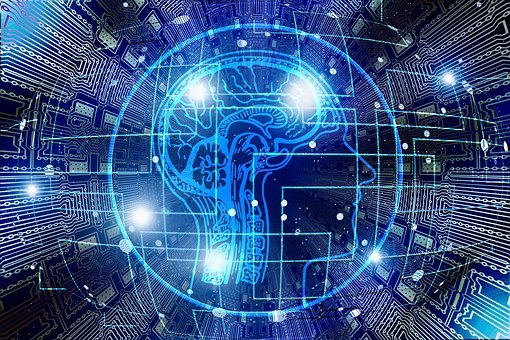Having the right social skills is necessary if you want to connect with others and have a robust social life. Fortunately, achieving it might not be as difficult as it might seem, particularly if you can see things from other people’s perspectives and also if you are an empathetic person.
Researchers from numerous institutions, including Oxford University and Max Planck Institute for Human Cognitive and Brain Sciences (MPI CBS), created a model that explains perspective taking and empathy. The model shows a variety of skills that feature numerous factors that allow one to take another person’s perspective.
The ability to understand people’s feelings, needs, and world view is more important than ever, especially in the complex and fast-paced technology world. Despite this, scientists cannot fully explain what perspective talk and empathy mean because it is difficult to understand another person’s exact thoughts and feelings fully. However, listening to a person’s narrative and observing their facial or emotional expressions allows us to paint a reliable perspective.
The scientists found that some complex social problems need a perspective change, as well as empathy. Socially competent individuals tend to combine thoughts and feelings about another person before finding the right balance as far as judgment is concerned. They also discovered that failure to have the two aspects leads to notable social skills limitations.
Researchers also explored how brain networks affect social skills
Researchers have already established that perspective taking and empathy are processed in the brain’s same neural network. However, other networks may be involved depending on the type of social situation. The main network can identify significant narratives, such as processing fear. The same network handles speech and face recognition. The brain network that handles perspective is the same network associated with memories or future fantasies.
Scientists used meta-analysis on a large scale to study the brain networks and their association with the social skills. They used MRIs to study the brain networks or regions that support empathy and perspective talk. Unfortunately, the MRIs yielded inconclusive results because the MRI patterns showed differences based on specific tasks. There is also the fact that different tasks also triggered other brain networks.


